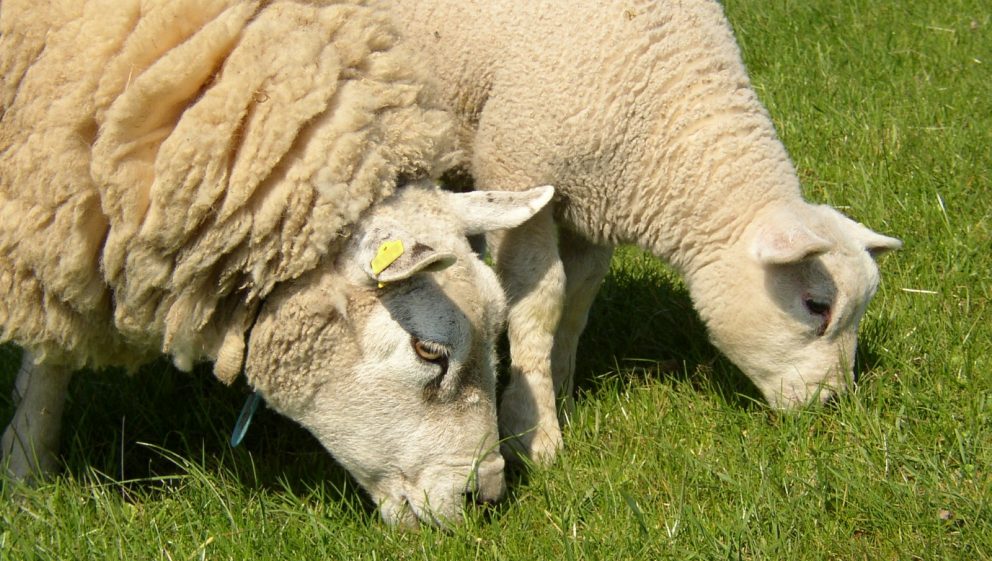- Lethal sheep experiments aimed at helping human fertility
- Five operations resulted in: one early death, one ‘abandoned’ operation and two animals suffering kidney failure
- Royal Veterinary College conducts thousands of procedures on animals each year
The experiments were conducted at the RVC in London and involved researchers from the RVC and other establishments. In one series of experiments, five sheep were to have had their wombs surgically removed and then grafted back in. The ewes were to have been kept alive for a short while, without recovering consciousness, and then killed with an overdose of barbiturates. The ‘procedure’ was conducted, not with the aim of improving the health and well-being of sheep, but to try to improve human fertility.
The experiments did not go as planned. The blunders and mishaps detailed in a paper by the researchers themselves, included the following:
- One operation was abandoned as the sheep was too large.
- One ewe died on the operating table (it had been reported, before the operation, that her breathing rate was elevated).
- Two sheep had kidney failure, due to inadequate replacement of lost fluids.
Worryingly, the authors concluded in the same paper: ‘we are now ready to move towards the human setting’.
The research, conducted between January and June 2013, came to Animal Aid’s attention through a successful Freedom of Information (FOI) request for RVC Animal Welfare and Ethical Review Body (AWERB) reports. In a batch of papers, dating from late 2015, it was reported that another sheep experiment went badly wrong and two sheep died under anaesthetic. They were sent for a post mortem that identified the problem as being how the sheep were positioned during the operation, a shortened starvation period and inadequate monitoring during anaesthesia.
Jessamy Korotoga, Animal Aid’s Anti-Vivisection Campaign Manager says
‘It is shocking and profoundly disturbing that experiments to remove and re-graft wombs in living sheep have been performed at the Royal Veterinary College. The public expects a veterinary college to heal animals, not to harm them.
‘That the RVC has an animal research programme that uses thousands of animals a year will come as startling news to many people. And their mood is unlikely to be improved when they learn that the intended beneficiaries of these veterinary college experiments are not animals but people; or by the researchers’ own accounts of mishaps and blunders.’
Notes to Editors
- The paper reporting the experiments is ‘Achieving uterine auto-transplantation in a sheep model using iliac vessel anastomosis: a short term viability study.’ Saso, S. et al (2015) Acta Obstetricia et Gynecologica, pp. 245-252. Copies are available on request.
- AWERB reports, obtained under the Freedom of Information Act, are available upon request.
- The paper identifies the funding body for the experiments as ‘Womb Transplantation UK’. However, Animal Aid could find no charity with this name on the Charity Commission website, although there is a charity called ‘Womb Transplant UK’.
- Animal Aid’s view is that these experiments should never have taken place. This view finds a strong echo amongst the public, with thousands of people, as a result of Animal Aid’s campaigning, having contacted the RVC directly to voice their disquiet about the college’s extensive animal research programme.
- Visit Animal Aid’s microsite, dedicated to raising awareness of the RVC’s animal research programme.
- To arrange an interview or for further information, please contact Jessamy Korotoga on 01732 364546.


